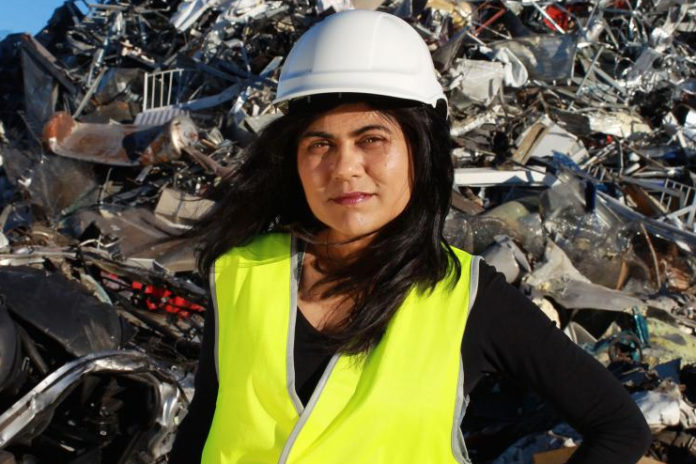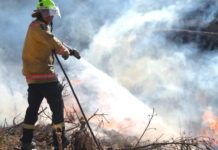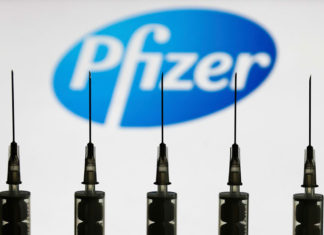An Indian origin researcher at Sydney’s University of New South Wales (UNSW) has received $3.3 million grant to transform waste and resource recovery industry by developing advanced manufacturing capabilities that aim at small-scale processing of materials produced from consumer wastes and battery.
The research hub will be led by Professor Veena Sahajwalla who is the Founding Director of UNSW’s Centre for Sustainable Materials Research & Technology (SMaRT).
Another research hub will be led by Professor Rebecca Guy, an epidemiologist from the Kirby Institute and UNSW Medicine. She was awarded nearly $5 million to develop an integrated diagnostic and pharmaceutical approach to antibiotic resistance, the university said in a statement.
UNSW Sydney in total has secured $8.3 million in Australian Research Council (ARC) Industrial Transformation Research Programme (ITRP) Hub grants for 2019.
The two UNSW research projects awarded funding over five years, will deal with critical challenges, including antimicrobial resistance and finding solutions to global waste and recycling issues.
“Our government is investing in these Research Hubs to push the boundaries of our knowledge and to develop solutions that benefit Australians and improve the capacity of our university and industrial sectors,” said Minister for Education Dan Tehan.
Professor Sahajwalla’s project will collaborate with mining manufacturer Molycorp and other industry partners. The project will deliver new information about high-temperature reactions of waste and selective synthesis techniques to transform waste into valuable materials and products, including metallic alloys, oxides, and carbon.
“It’s time to rethink attitudes towards all of the materials we design, produce, use and discard, to see them as renewable resources if we want to reduce our reliance on finite resources,” said Professor Sahajwalla. The hub is supported by a further $2.6 million of industry contributions.
“With this new work on battery waste, we can help create circular economies where waste materials can be reformed into new high-value materials to boost our manufacturing industry and supply chains,” she added. “I congratulate Professor Guy and Professor Sahajwalla and look forward to watching the valuable work of these hubs over the coming years,” said UNSW’s Pro-Vice-Chancellor and Research Professor Ana Deletic.













































